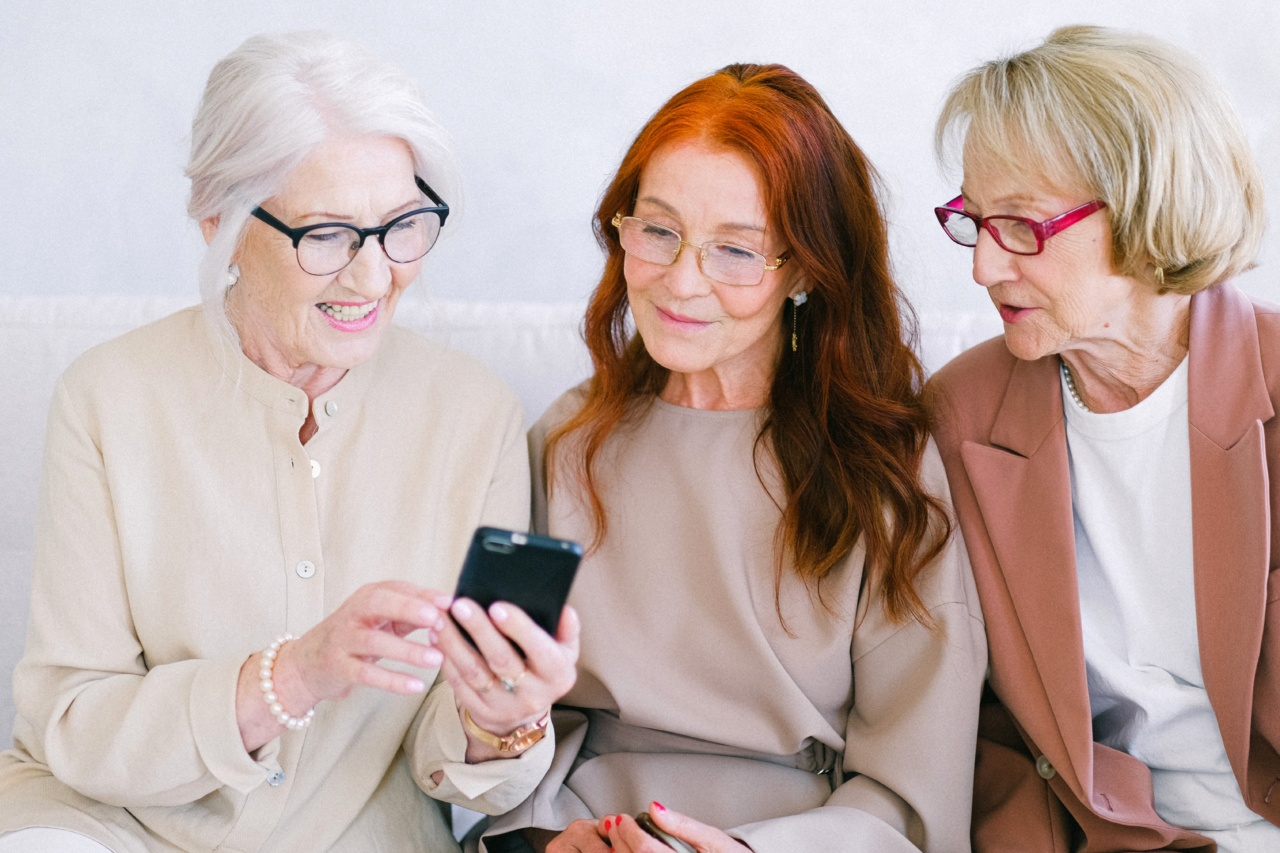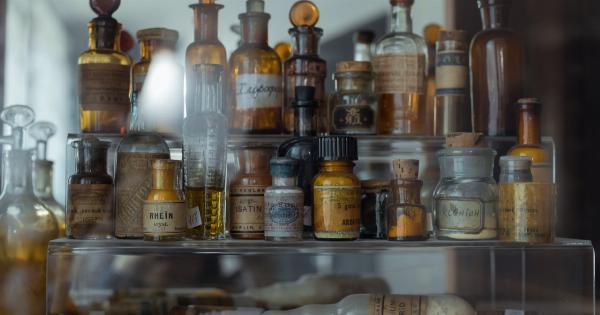Hearing is one of the most important senses for us humans. It helps us communicate with others, enjoy music and other sounds, and stay aware of our surroundings.
Yet, many of us take our hearing for granted and don’t realize how important it is until we start experiencing problems. One of the biggest factors affecting our hearing health is age, as our ears naturally become less sensitive to sound as we grow older.
In this article, we’ll take a look at a video test that can help you find out how old your ears are and what you can do to protect your hearing.
The Video Test
The video test we’re talking about is a simple and fun way to check your hearing sensitivity. It’s a high-frequency hearing test that uses a series of tones played at different frequencies and asks you to indicate when you hear them.
Here’s how to take the test:.
- Make sure you’re in a quiet place where you won’t be disturbed.
- Put on a pair of headphones or earbuds.
- Click on this link to the hearing sensitivity test video.
- Start the video and listen carefully to each tone.
- When you hear a tone, click on the corresponding age bracket on the screen.
- Repeat this for all the tones in the video.
- At the end of the video, the test will tell you how old your ears are based on your responses.
What the Results Mean
The results of the hearing test will give you a rough estimate of how sensitive your hearing is compared to people of different ages. If you hear most or all of the tones in the video, congratulations! Your ears are still in great shape.
However, if you struggle to hear some of the higher-frequency tones, don’t worry – this is a common sign of age-related hearing loss.
Age-related hearing loss, also known as presbycusis, is a natural and gradual loss of hearing sensitivity that affects most people as they get older. It usually starts to set in around age 50 and gets worse over time.
The first sign of presbycusis is often difficulty hearing high-pitched sounds like birds chirping, women’s voices, or the beeps of electronic devices.
If you think you may have age-related hearing loss, the first step is to consult with an audiologist or hearing healthcare professional.
They can perform a full hearing evaluation and give you personalized recommendations on how to manage your hearing loss and prevent it from getting worse.
Protecting Your Hearing
While age-related hearing loss is a natural part of getting older, there are steps you can take to protect your hearing and preserve your hearing health as much as possible. Here are some tips:.
- Avoid exposure to loud noises, especially over a prolonged period of time.
- Use earplugs or earmuffs if you’re in a noisy environment, like a construction site or a music concert.
- Turn down the volume on your electronic devices, like your music player or your TV.
- Take regular breaks from loud noises and give your ears a chance to rest.
- Eat a healthy diet that’s rich in vitamins and nutrients that support hearing health, like folic acid, zinc, and omega-3 fatty acids.
- Exercise regularly to improve blood flow to your ears and reduce the risk of cardiovascular disease, which can affect hearing health.
- If you smoke, quit – smoking can damage the delicate hair cells in your inner ear that are responsible for translating sound into electrical signals.
Conclusion
Hearing health is a crucial part of our overall well-being, and age-related hearing loss affects most of us at some point in our lives.
By taking steps to protect our ears and get regular check-ups with hearing healthcare professionals, we can ensure that we maintain good hearing health for years to come. And by trying out the video test we’ve talked about in this article, we can get a better sense of how old our ears are and whether we need to take action to protect our hearing.



























